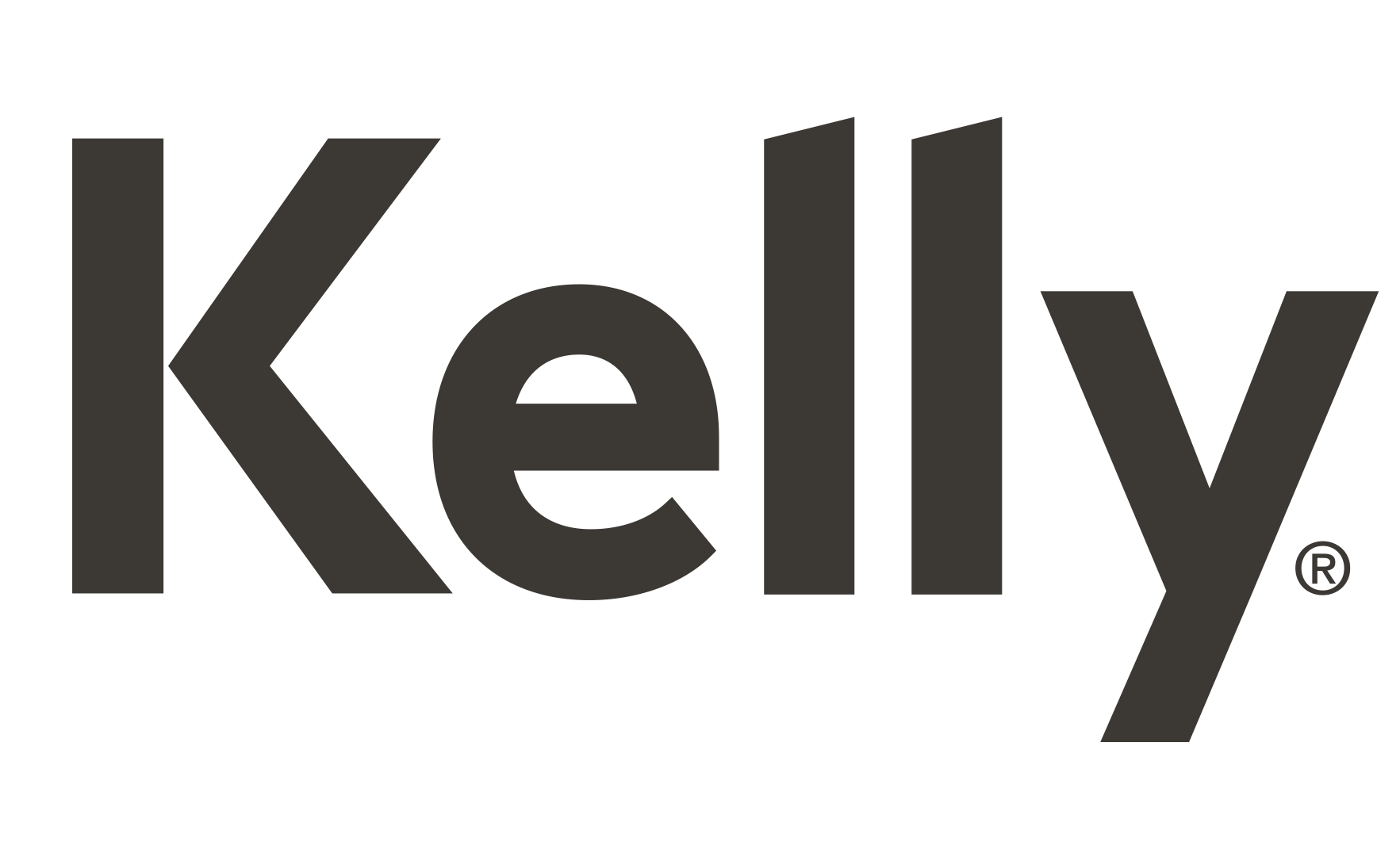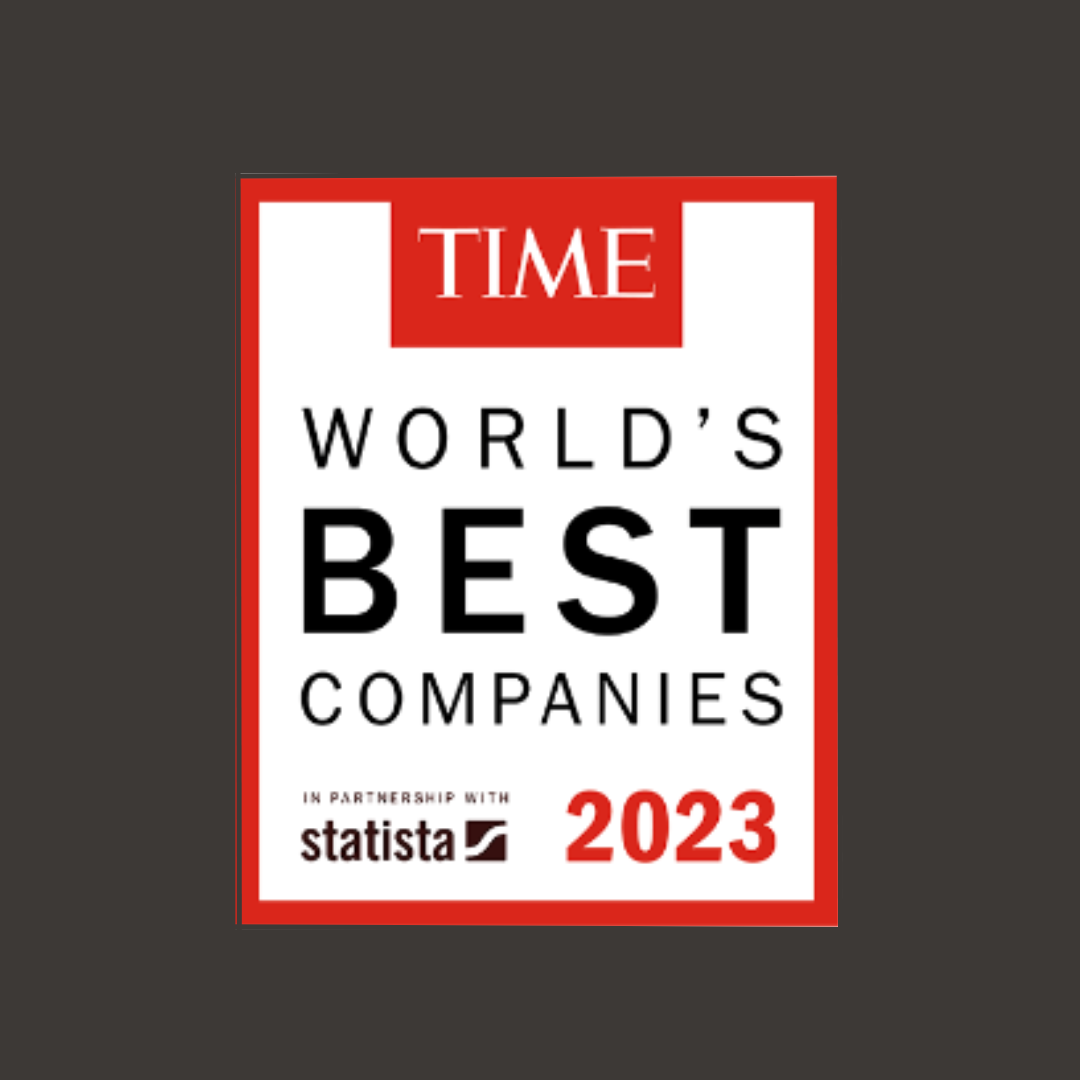
10 ways your PhD helps you to stand out in the jobs market
Okt. 30, 2020
You’ve achieved something amazing. You got your PhD!
This isn’t just a fantastic academic experience or impressive letters after your name; you’ve succeeded in one of the most difficult academic challenges around. What’s more, you’ve picked up an amazing array of skills along the way. Some of these are technical skills in the lab or academic skills in thesis writing or sharing your research. But you’ve also added an incredible array of personal and soft skills to your toolkit. These skills are something to shout about, so make sure you’re showing potential employers the great things that you can bring to their organisations.
Here are 10 ways that your PhD can help you to stand out in a crowd.
1. You think critically
During your PhD, you learnt to look at a problem from all angles, and you’re great at thinking critically about solutions and opportunities. This makes you a great fit for highly technical and challenging roles.
2. You can solve complex issues
Complexity is what you do. You’ve spent years thinking about big scientific ideas and new ways to solve them. Now, you’re ready to join the workforce and help create the future.
3. You learn fast
Years spent in academia mean that you soak up new ideas and knowledge like a sponge. You’re used to thinking on your feet and applying new information thoughtfully and with precision.
4. You’re a technical whiz
All those years spent in a lab or doing highly technical work elsewhere have paid off. You have impressive technical skills and you can’t wait to put them into practice.
5. You’re a natural innovator
As a PhD student, it wasn’t enough to know your specialist area. You had to be an active creator and innovator, adding to the field. This mindset makes you an incredible asset for any team.
6. You know how to project manage
You’re used to having lots of plates spinning and you know how to organise yourself and your team to get the job done. Potential employers know that your administrative skills are ahead of the pack.
7. You’re a great communicator
You’ve had to sell yourself and your ideas over and over again to get where you are today. What’s more, you’re an experienced teacher, and you know how to communicate with a diverse range of people.
8. You think strategically
You are always thinking beyond your next step, creating long-term plans that help to bring complex ideas to life. This type of strategic thinking will help you tackle any professional challenge that you face.
9. You’re committed to success
It’s not easy to achieve a PhD; it means years of hard work and sacrifice. Any potential employer should know that you’re prepared to do whatever it takes to succeed.
10. You make things work
Perhaps your biggest selling point is that you know how to make things work. You’ve faced technical challenges, red tape, and frustrating setbacks before, and you always figure out how to overcome them.
Ready to move from the academic world to the world of work? We can help. Check out our recent webinar featuring Emmanuelle Hoarau, PhD, for tips and insights on life after your PhD, or reach out to our friendly team for specialist scientific career advice.









